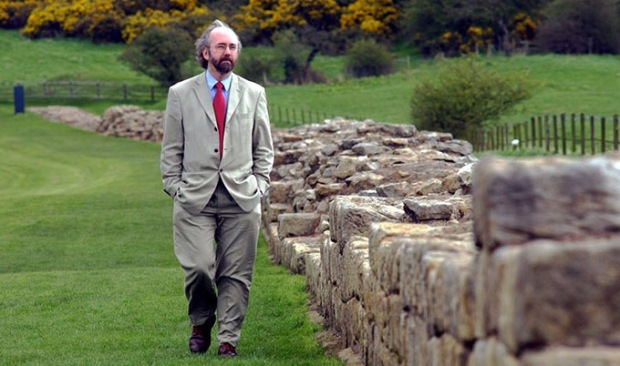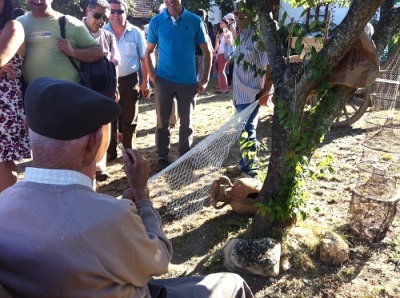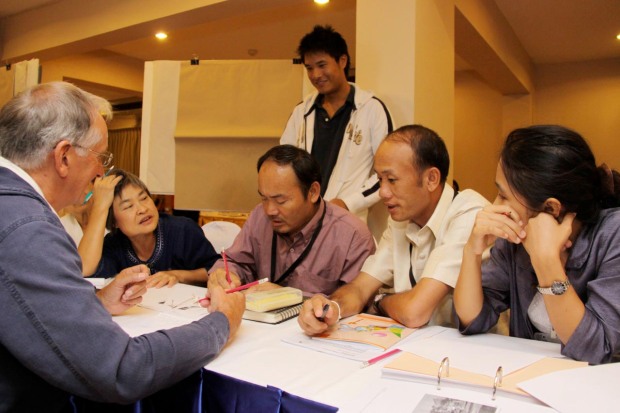Newcastle University has been invited by UNESCO to join its prestigious universities network and establish the first ever UNESCO Chair in Cultural Property Protection and Peace.
New worldwide partnerships
Through the accolade – awarded by the United Nations Educational, Scientific and Cultural Organisation (UNESCO) with the full support of the UK National Commission for UNESCO – Newcastle University will deliver training and capacity building activities and build new partnerships worldwide to mitigate the destruction of cultural property during conflict and strengthen the use of UNESCO World Heritage Sites as tools for peace.
Professor Peter Stone OBE, Head of the School of Arts and Cultures at Newcastle University, will be appointed as the UNESCO Chairholder.
One of the UK’s leading specialists in protecting cultural property during armed conflict, Professor Stone has acted as a specialist advisor to the UK government regarding the identification and protection of the cultural heritage in Iraq. He is also Chair of the UK Committee for the Blue Shield; the cultural heritage equivalent of the Red Cross.
For the full press release, please visit:
http://www.ncl.ac.uk/press/news/2015/10/peterstoneunescochair/



